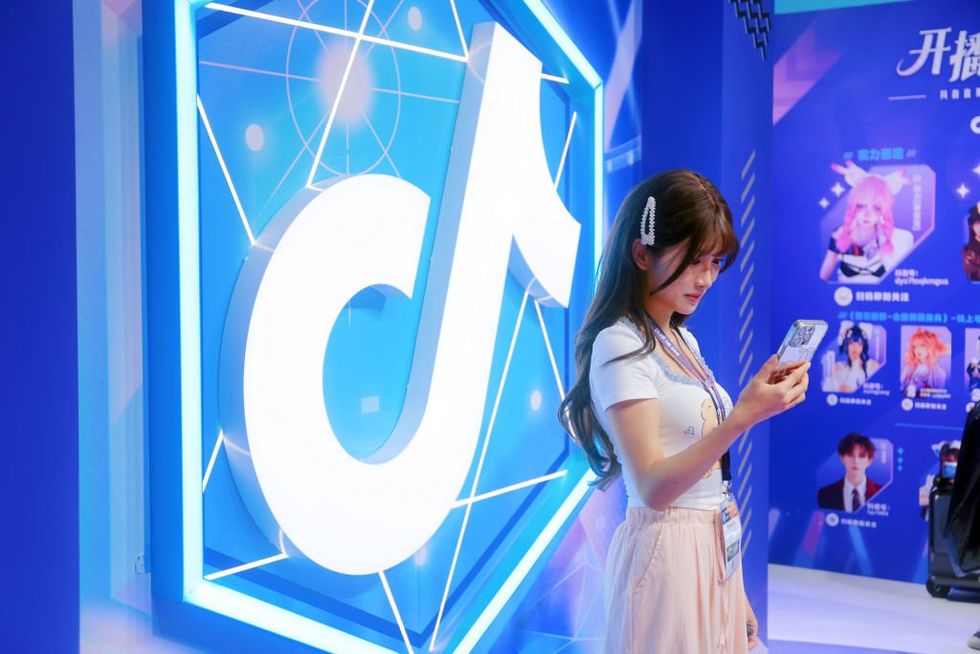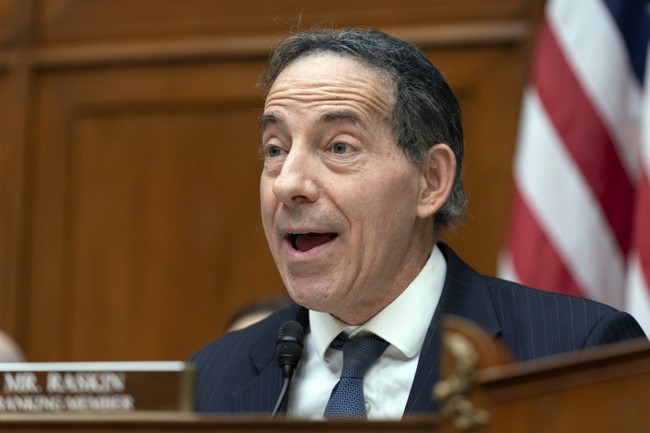
This article was originally published on Blaze Media. You can read the original article HERE

A swath of internal TikTok documents revealed that the company knows much more about its platform's addictive properties than it publicly admits.
The company knows how quickly users can become addicted and how disruptive the app is to children's lives.
With 14 states currently suing TikTok predominantly over the platform's algorithm — claiming it addicts children — court filings are making their way into the public's hands.
Large portions of Kentucky's 119-page court filing were redacted when it was uploaded online. However, as Louisville Public Media reported, Kentucky Public Radio was able to read the text underneath the digital redactions, which contained summaries and primary quotes of internal TikTok documents and communications.
The summaries revealed shocking revelations, including the precise amount of videos it takes for a TikTok user to become addicted.
According to state investigators, TikTok has determined that it takes 260 videos before a user is "likely to become addicted to the platform."
Kentucky authorities stated that "while this may seem substantial, TikTok videos can be as short as 8 seconds and are played for viewers in rapid-fire succession, automatically."
"Thus, in under 35 minutes, an average user is likely to become addicted to the platform."
NPR reported that internal documents showed TikTok was aware that many of its features urged young people to keep opening the app. The company's research reportedly stated that "compulsive usage correlates with a slew of negative mental health effects like loss of analytical skills, memory formation, contextual thinking, conversational depth, empathy, and increased anxiety."
Disturbingly, other TikTok research, distributed in 2019, found that younger users are more likely to be addicted, as well.
"As expected, across most engagement metrics, the younger the user, the better the performance," a document allegedly read.
Along with disrupting sleep patterns, TikTok is allegedly aware that compulsive use of the app tends to interfere with personal needs such as work, school, and even "connecting with loved ones."
'This complaint cherry-picks misleading quotes and takes outdated documents out of context.'
When speaking to NPR, TikTok spokesman Alex Haurek said in a statement that the publication of such information from the legal documents is "irresponsible."
"It is highly irresponsible of NPR to publish information that is under a court seal," Haurek said. "Unfortunately, this complaint cherry-picks misleading quotes and takes outdated documents out of context to misrepresent our commitment to community safety."
Haurek said the company has "robust safeguards, which include proactively removing suspected underage users, and we have voluntarily launched safety features such as default screen time limits, family pairing, and privacy by default for minors under 16."
The spokesperson has previously said that the company is "deeply committed" to protecting teens as they continuously update and improve their product.
Sorry, you're ugly
The lawsuit additionally claimed TikTok is aware of how harmful their filters can be for minors, allegedly telling employees in an internal document that the filters perpetuate "a narrow beauty norm" that could "negatively impact the wellbeing of our community."
At the same time, an internal report that analyzed TikTok's main video feed found that it was pushing "a high volume of ... not attractive subjects," so TikTok retooled the algorithm to amplify users that were deemed attractive.
"By changing the TikTok algorithm to show fewer 'not attractive subjects' in the For You feed, [TikTok] took active steps to promote a narrow beauty norm even though it could negatively impact their Young Users," authorities wrote.
TikTok also experimented with screen-time prompts, but when implemented, they only reduced the average use time for teens by about 1.5 minutes, from 108.5 minutes per day to about 107 minutes. TikTok stopped the experiment following the results.
"The company did not revisit the design of the tool to be more effective at preventing excessive use of TikTok," the Kentucky filing said.
Parent company ByteDance has until mid-January 2025 to sell TikTok in accordance with federal laws but is challenging the ruling in a Washington appeals court.
The 14 states suing TikTok are the following: California, Illinois, Kentucky, Louisiana, Massachusetts, Mississippi, New York, New Jersey, North Carolina, Oregon, South Carolina, Vermont, and Washington, along with the District of Columbia.
TikTok does not allow children under 13 to sign up and restricts some content for those under 18.
Like Blaze News? Bypass the censors, sign up for our newsletters, and get stories like this direct to your inbox. Sign up here!
This article was originally published by Blaze Media. We only curate news from sources that align with the core values of our intended conservative audience. If you like the news you read here we encourage you to utilize the original sources for even more great news and opinions you can trust!










Comments